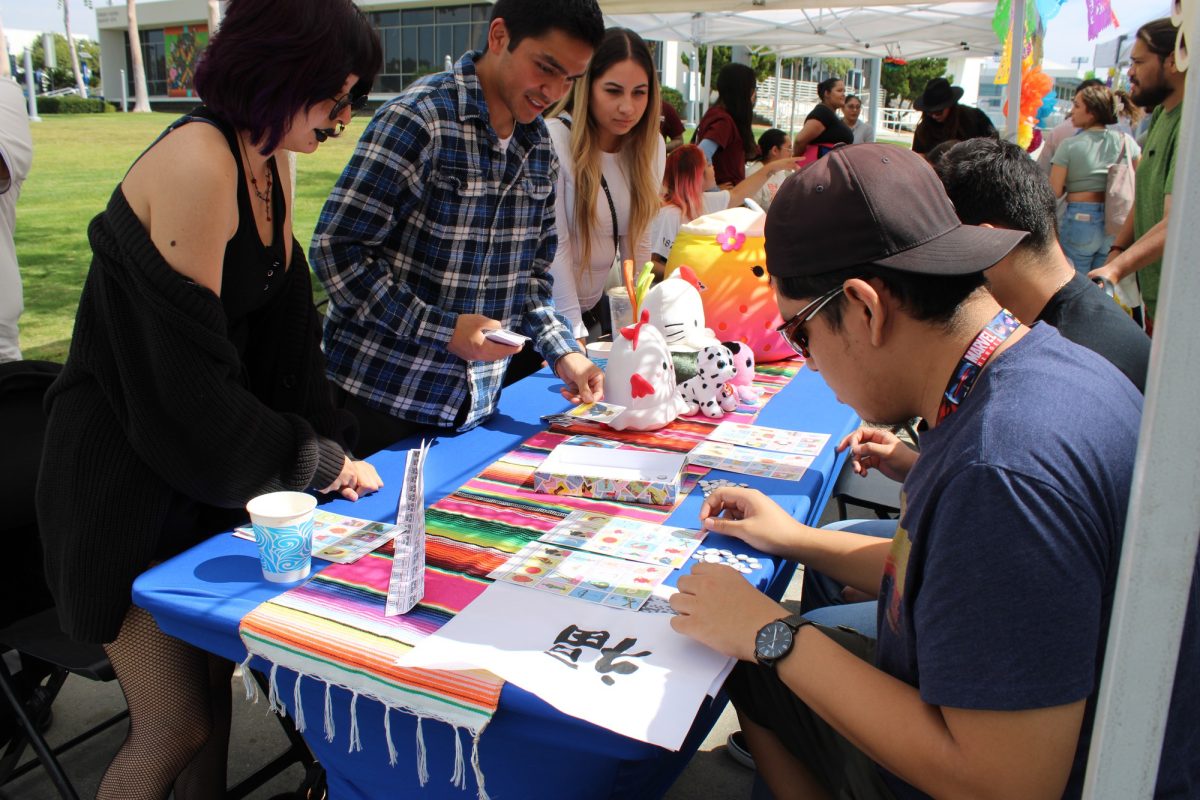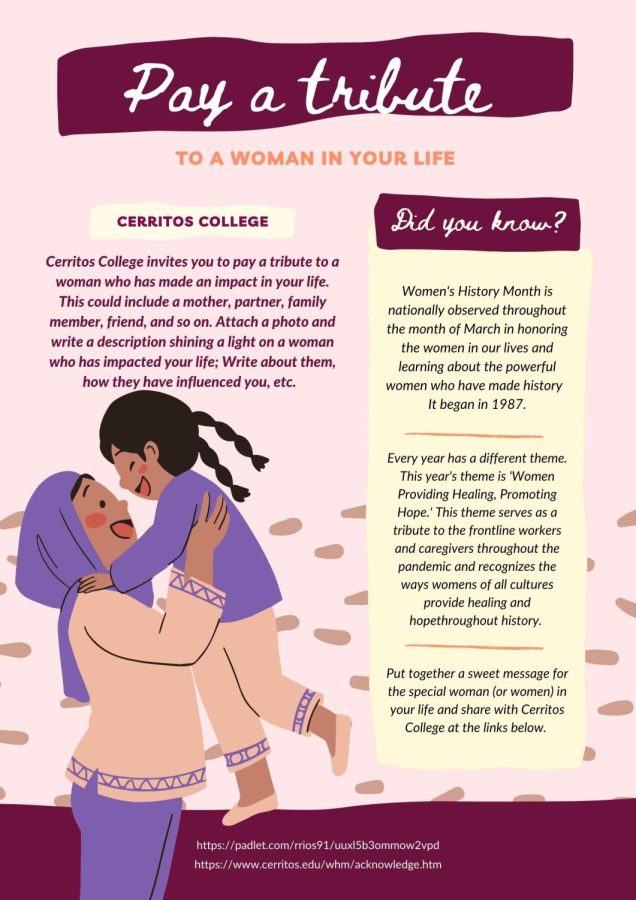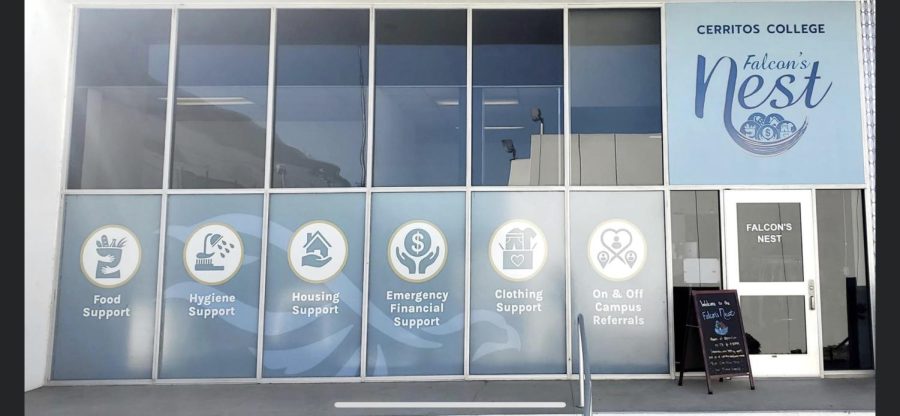“Learning to Die in the Anthropocene” is a book written by Dr. Roy Scranton, a writer and professor of English and creative writing at the University of Notre Dame. This book talks about how as civilization — we are heading to catastrophe by global warming and the destruction is eminent, but there is still a chance to redeem this problem and to fix it.
He said, “That to live in the Anthropocene we need to learn how to die.”
During the lecture the took place on Mar. 30 students asked what he meant by those words?
His message was that as humans we need to accept, act and take responsibility in life that we are not eternal — we are mortals.
Throughout the lecture, he explained the outcome of global warming and on the species. We have changed Earth geologically, and created this massive impact.
We need to understand this change for the survival of our species.
Some scientists are calling this present time “Anthropocene,” as a label for future generations just as “Mesozoic, Jurassic and Triassic.”
He also mentions that after learning how to die as a civilization, the next step is, “as human beings we are thrown in to this world, and we are facing a situation totally beyond our capabilities to deal with.
“We have these irreconcilable problems, these unsalable problems like death, climate change or war; and they are not going to go away, we can’t wish them away, ignoring them is just going to [make] them worse. Our only hope for ourselves is to try and see the problems and face them; and come to terms with them.”
During the question and answer portion of the lecture, some students stated that it looked a little bit harsh for them, since accepting death is a fear that a lot of humans have.
Other students stated that the majority still believes in life after death.
The notion of life after death was seen as creating some problems for students response to “Anthropocene,” their beliefs in the after life makes change more difficult and questionable.
Dr. Scranton also said, “another way to make a change is to think more philosophically and be kind to one another.”






